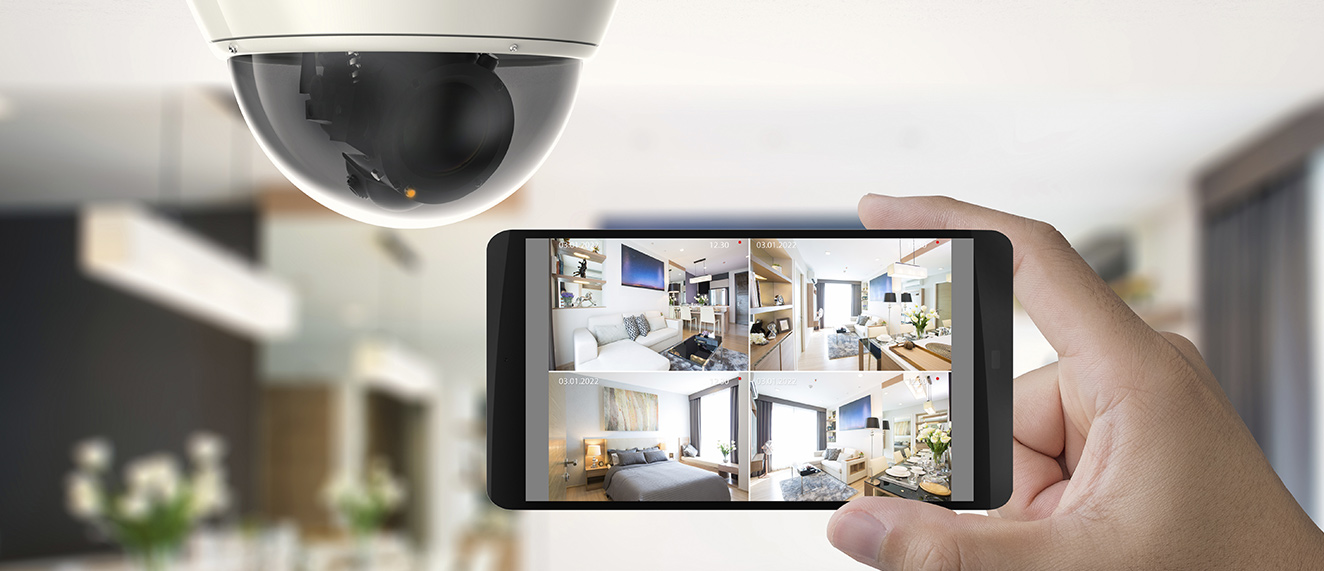Smile! You’re being secretly recorded.
Oh, the joys of privacy law! With more twists and turns than an Agatha Christie novel, it truly is the gift that keeps on giving… if you’re a privacy lawyer. For normal people, maybe not so much.
Perhaps it’s because of the warmer weather that’s just around the corner (don’t burst my bubble), but a privacy topic I’ve been frequently asked recently is whether there are any privacy issues with REALTORS®, or their clients, secretly recording potential purchasers visiting a property for sale. The rationale for doing so being that a recording can help protect the seller’s property.
This question can be approached from a legal point of view and from a philosophical point of view.
Law and philosophy in one blog post, you say? Tell me more!
Well, the legal point of view is that, yes, secretly recording potential buyers visiting a property without the buyers’ consent constitutes the unauthorized collection of the buyers’ personal information and raises the risk a privacy complaint could be made against the seller and/or the listing agent under the Personal Information Protection and Electronic Documents Act (PIPEDA) or provincial privacy legislation.
Further, if the recording captures a private communication (for example, between a buyer and his/her agent) it could constitute a criminal offence under section 184 of the Criminal Code(interception of communications).
If sellers and/or their listing agents wish to make a recording (regardless of whether it’s an audio or video recording) of buyers, they should get the buyers’ consent. The most effective way to do this to is to get the consent in writing (for example, via an email acknowledgment). An alternative, albeit riskier, method is to post a prominent notice on the property telling buyers they are being recorded prior to them entering the premises. Buyers who choose to enter the property after reading the notice implicitly provide their consent to be recorded.
Still not convinced? Let’s try the philosophical approach by conducting a thought experiment.
Whenever I consider whether it’s appropriate to collect someone else’s personal information, instead of just focusing on what I want to do, I find it helpful to put myself in the shoes of the person whose personal information I am collecting (in this case, via a recording).
Would I object if I was recorded without my knowledge? What if my conversation with my spouse or agent was recorded? What if what I say is used against me in my negotiations with the seller?
Hmmmm… you can see how something that may seem relatively innocuous from one perspective (a homeowner trying to take safety precautions, for example) can start to look mighty shifty from another perspective.
And that brings us back to the legal answer. It may prompt an awkward conversation, but in this case, it goes a long way.
The article above is for information purposes and is not legal advice or a substitute for legal counsel.





What about the hundreds of times a week we are recorded on security cameras. Is that not the same rules. It is my understanding that video is OK but audio is a criminal offence.
Hi Don,
Thank you for your question. As explained in the article, it’s preferrable to obtain consent when recording another party in relation to a real estate transaction. If you have a specific question it’s always best to speak to a lawyer.
Thank you for sharing your article. I love it. Continue on posting it.
Thank you for posting this article. My agents at times ask me about this issue, more from the perspective of how can one stop a seller from doing this. My response has been that we can’t, especially if they are doing it without telling their agent.
Can a buyer or buyers realtor take photos or record a video in a sellers home without the sellers knowledge?
Hi Lenny,
Secretly recording a seller’s house could raise privacy issues. A prudent practical step to mitigate such concerns is for the buyer (or their agent) to get the seller’s consent, preferably in writing for any recording of a seller’s home.